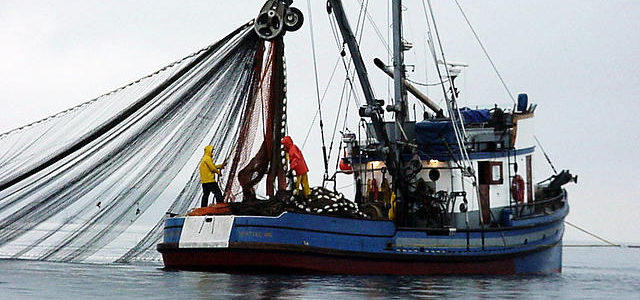She comes home from work after a double shift at the hospital. Her back is tired and her feet are swollen, as one might expect after twenty-four straight hours of hustling and flitting and providing care to an infirm generation. She finds him naked except for mismatching socks in front of the television (sports).
“Hey honey,” he says, and does not look from the screen.
“Hello.” She sets a bag of groceries on the counter and pans across a sea of greasy pizza cardboard and empty green glass bottles.
“Say honey, while you’re up, would you mind bringing me a beer?”
“Of course, dear,” she says. She goes to the refrigerator and pulls a bottle from the door. In the television room she brings it over to him and then smashes it onto his head. He lies bleeding on the floor. The glass is broken and shards jut from his neck. Blood pulses from this throat. He gasps for air and then stops. “I suppose,” she thinks, “I’ll be cleaning this mess too.”
For the fifteenth time she tells him to make an appointment. “The children need the start, you know. Colleges look at preschool records.”
“I will,” he says.
“It’s important,” she says.
“I will.”
“The children need the start, you now. Colleges look at preschool records.” That makes sixteen times before the children can be dropped at daycare. “The Jamisons did this as soon as they knew a bun was in the oven. We’re behind.”
“I will,” he says.
“It’s important.”
A few blocks from the school the road turns but he does not, and drives straight and into the pond near the mall where the older children and sometimes bums fish for perch on Sundays. The cabin fills with water and it occurs to him how funny it is that the child safety locks should keep them all inside.
“I’m going for a pack of cigarettes,” he says over his shoulder and pulls open the apartment door. She does not respond. He walks down the steps of their brownstone and hails a cab. He hires a fare to the airport and boards a plane. He knows a beachside bar in Nicaragua where loose Australian girls spend gap year. He takes a job there mixing pineapple rum drinks and drinks himself and sins. The hot months come and go and the life there wears thin and it occurs to him he was wrong. He leaves work one day and rushes to catch a flight and makes it back home again. He finds her car still there and runs up the steps of the brownstone apartment and is amazed his key still works. He goes inside to apologize, to beg for mercy, to bring her back into his life. “Oh?” she asks. “I didn’t hear you leave.”
A couple sits side by side and stares into the screen. The episode has just ended.”Another?” she asks. “I suppose just one more,” he says, “these cliffhangers have my number.” It ends again.
“And just one more?”
“A short one couldn’t hurt.”
“Just a short one then.”
“A little one.” It ends again.
“To bed?”
“Maybe just another.” They are holding gnarled hands.
“Do you suppose we should have traveled?”
“Can you stay up for another?”
Like





